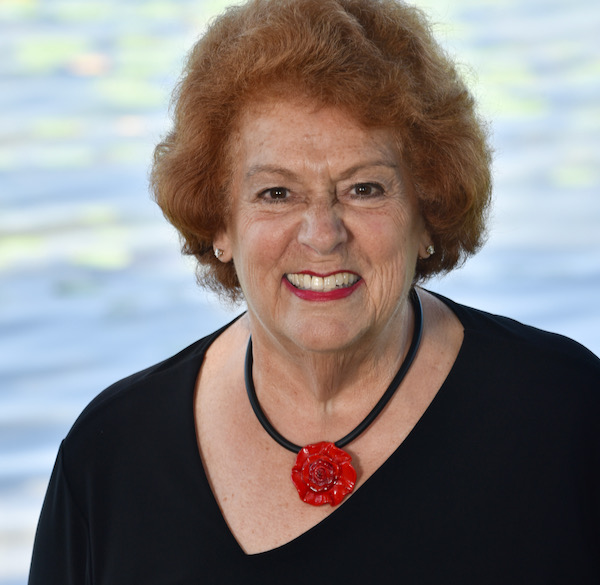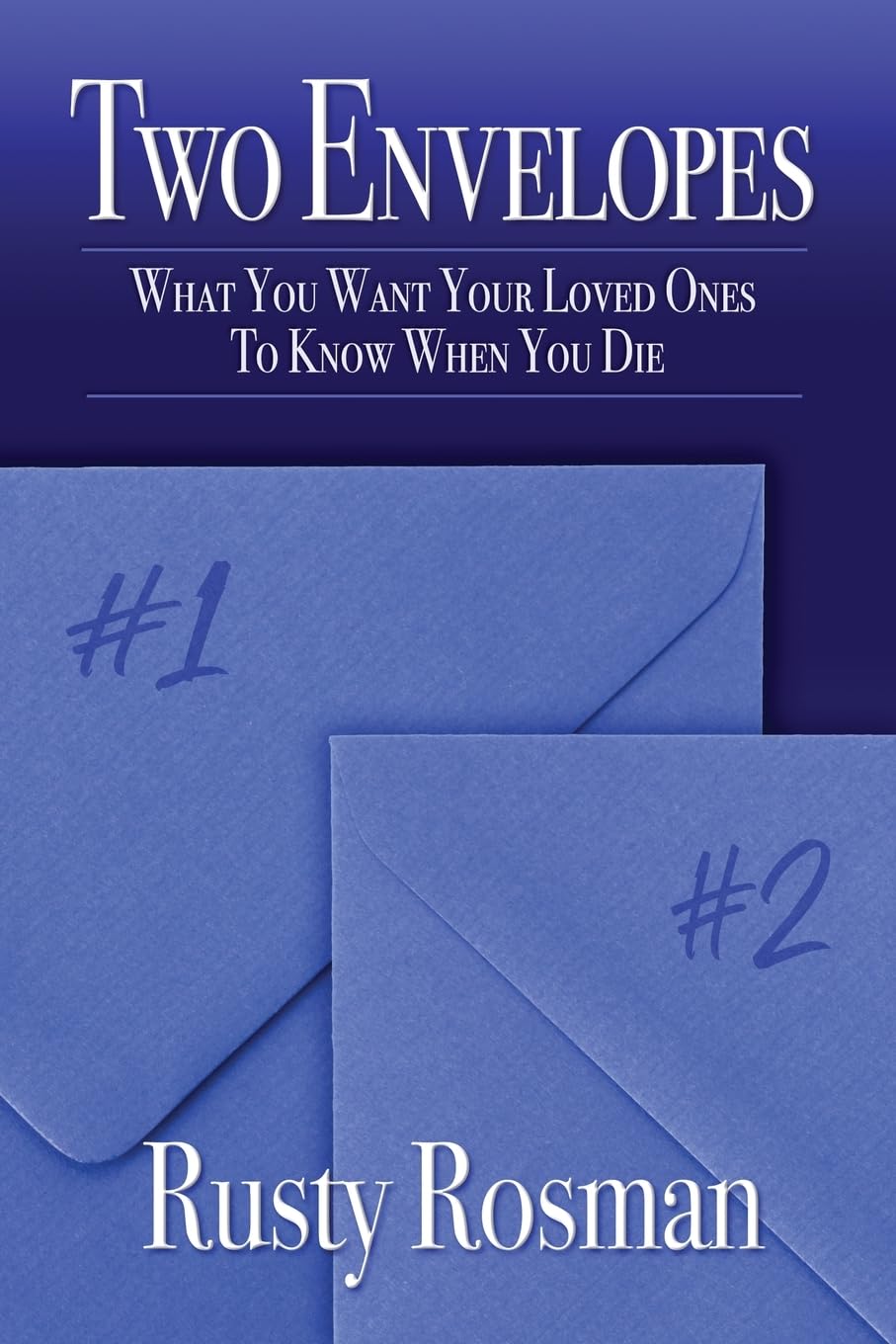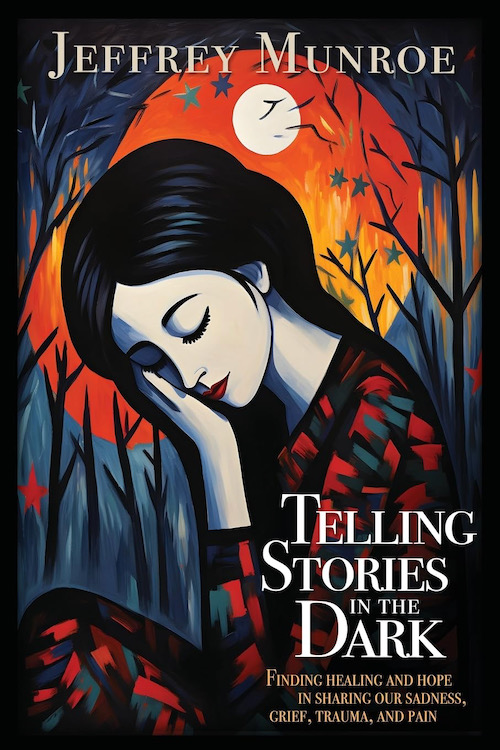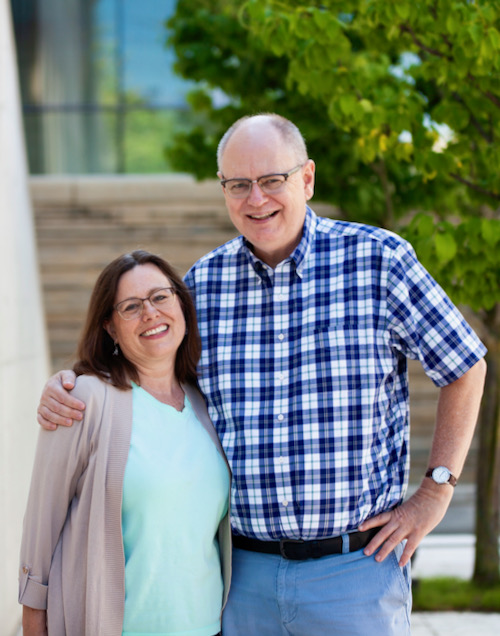
Rusty Rosman, author of Two Envelopes, welcomes invitations to speak with discussion groups and classes either in person or via Zoom. Click on this photo of Rusty to visit her main author page online, where you can learn much more about her upcoming book—and how to connect directly with Rusty. (Photo by Rodney Curtis.)
‘What You Want Your Loved Ones to Know When You Die’
By DAVID CRUMM
Editor of ReadTheSpirit magazine
In 17 years as the Editor in Chief of our publishing house, we’ve published lots of books with helpful resources for individuals and families—knowing that these books are keys to resilience, hope and peace in our world. Every day, our publishing house team-members are guided by our founding mission: “Good media builds healthy communities.”
That goal certainly is met by Rusty Rosman’s unique new book, Two Envelopes—which is launching across Amazon and other bookstores around the world on February 20.
The book’s subtitle is What You Want Your Loved Ones to Know When You Die.
If that subtitle sounds grim—just consider for a moment what Rusty tells readers on her first page: “It’s not always easy to think about dying—but each of us will, ready or not.”
In short, we all need this book.
How does this book build “resilience and hope”? By explaining a step-by-step process through which each of us—whatever our age might be right now—can clearly express what we hope our legacy will be in the world. We follow Rusty’s wise guidance as we read through the pages of this book, then we prepare our materials as she suggests, and finally we store them for the future in—yes, Two Envelopes.
Does this book really contribute to “peace in our world”? Certainly! If you have not already experience this yourself, then—as a lifelong journalist—I can tell you that millions of families have experienced deep hurt from arguments over “who does what” and “who gets what” as part of Mom’s or Dad’s legacy. One reason Two Envelopes is such a valuable guidebook is that those stumbling blocks can be removed as we outline our own expectations for our families—then save that record of our hopes for the future.
And, yes, that’s truly can be a powerful, loving act of family peacemaking.
Who should buy this book?
Everyone.
As Rusty puts it so clearly—death will come for all of us. Every one of us hopes that our legacy will be positive and loving. We don’t want to leave confusion or, worse yet, a family feud in our wake. Rusty’s book leads readers through that whole process of thinking about the future—and then laying out what we hope will happen after we’ve left this place.
Early readers who have gone through her book describe it as a self-revealing and wonderfully reassuring process of reflecting on the meaning and the ultimate impact of our lives.
Early reviewers say Rusty’s book “gives us peace of mind,” “a sense of control over how things will be handled in my family,” “compassion” and that the book even provides a much-appreciated dose of “love” to our families and friends.
“This book is an incredible gift to/for your family,” wrote Ida Goutman, an expert in counseling individuals and families.
“I truly believe that everyone could benefit from following the guide that she has provided,” wrote Joshua Tobias, one of Michigan’s leading funeral directors.
Get the book and connect with Rusty now
You can pre-order your copy right now in hardcover, paperback or Kindle from Amazon.
Or, if you prefer, you can order hardcover, paperback or eBook from Barnes & Noble.
Even the giant retailer Walmart has decided to carry this book among its online offerings.
In fact, you can buy this book from bookstores nationwide. If you have a favorite neighborhood bookstore, stop in now and ask at the counter to pre-order a copy of Two Envelopes. Rusty’s book is distributed worldwide by the wholesale giant Ingram, which serves nearly every bookstore in North America.
And Consider Connecting with Rusty
In 2024, Rusty Rosman will be crisscrossing the U.S. both in person and virtually. She’s a delightful speaker and workshop leader who you can invite to appear easily via Zoom if you would like her to talk with your small group or class.
How do you reach Rusty? Simply visit this Front Edge Publishing author page, scroll down a bit and you will find all of Rusty’s contact information.


